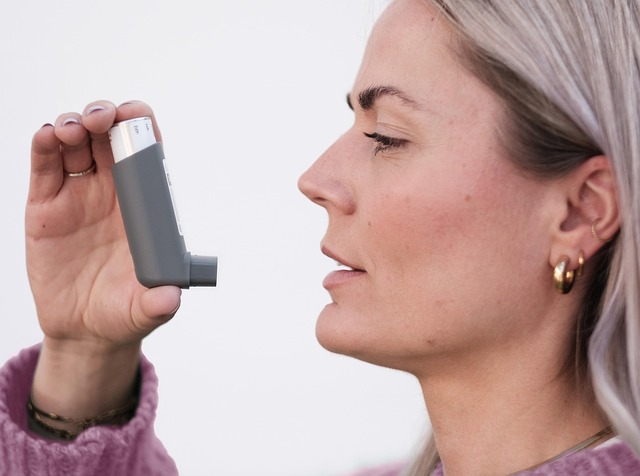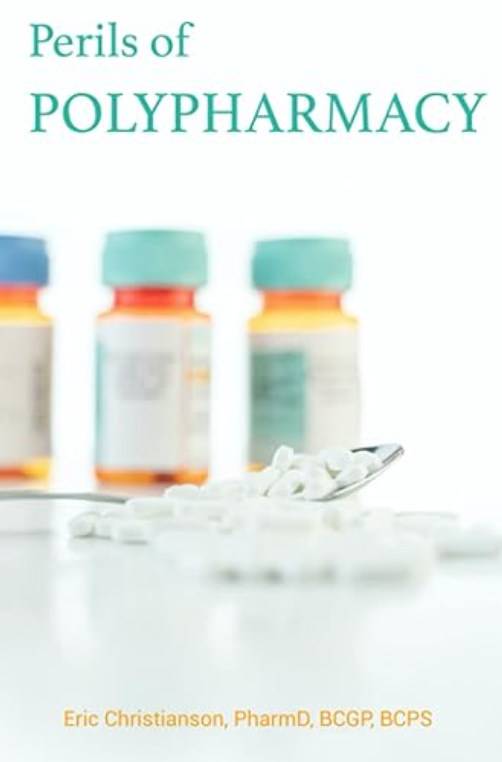Nitrofurantoin is often used in patients for UTI prophylaxis. One potential concern with nitrofurantoin use is pulmonary toxicity. This can often be overlooked in patients as a potential cause of respiratory problems. Here’s a case scenario where nitrofurantoin pulmonary toxicity (excellent board exam nugget) caused the prescribing cascade.
LB is a 78-year-old female with a medical history of recurrent urinary tract infections, hypertension, and osteoarthritis. She was started on nitrofurantoin 100 mg twice daily for chronic UTI suppression and continued the medication for over six months. After approximately four months of therapy, she developed progressive shortness of breath and a persistent dry cough. During a visit to her primary care provider, these symptoms were attributed to new-onset chronic obstructive pulmonary disease (COPD), despite her having no history of smoking or prior lung disease.
She was prescribed an albuterol inhaler as needed and tiotropium once daily. Later, she received a course of oral prednisone for what was thought to be a COPD exacerbation. Her symptoms persisted despite these treatments. A chest X-ray followed by a high-resolution CT scan revealed interstitial lung changes. A pulmonary specialist was consulted and raised the possibility of nitrofurantoin-induced pulmonary toxicity.
Nitrofurantoin was discontinued, and over the following weeks, LB’s respiratory symptoms gradually improved. The inhalers and prednisone were tapered off. Her initial diagnosis of COPD was reconsidered as the prescribing cascade, where a side effect of nitrofurantoin led to the unnecessary use of multiple additional medications.
This nitrofurantoin, prescribing cascade case highlights the importance of reviewing medication history in elderly patients who present with new symptoms, especially when long-term antibiotics are involved. New symptoms should always be considered adverse effects until proven otherwise in our geriatric and polypharmacy population. Early recognition of adverse drug reactions (with the help of a clinical pharmacist!) can help avoid unnecessary treatments and prevent further complications.
Looking for more medications that can cause pulmonary toxicity? Here’s a great post from the past that lays out common medication causes of pulmonary toxicity.
- 30 medication mistakes PDF
- 18+ Page Drug Interaction PDF
- 10 Commandments of Polypharmacy Webinar based on my experiences in clinical practice









0 Comments